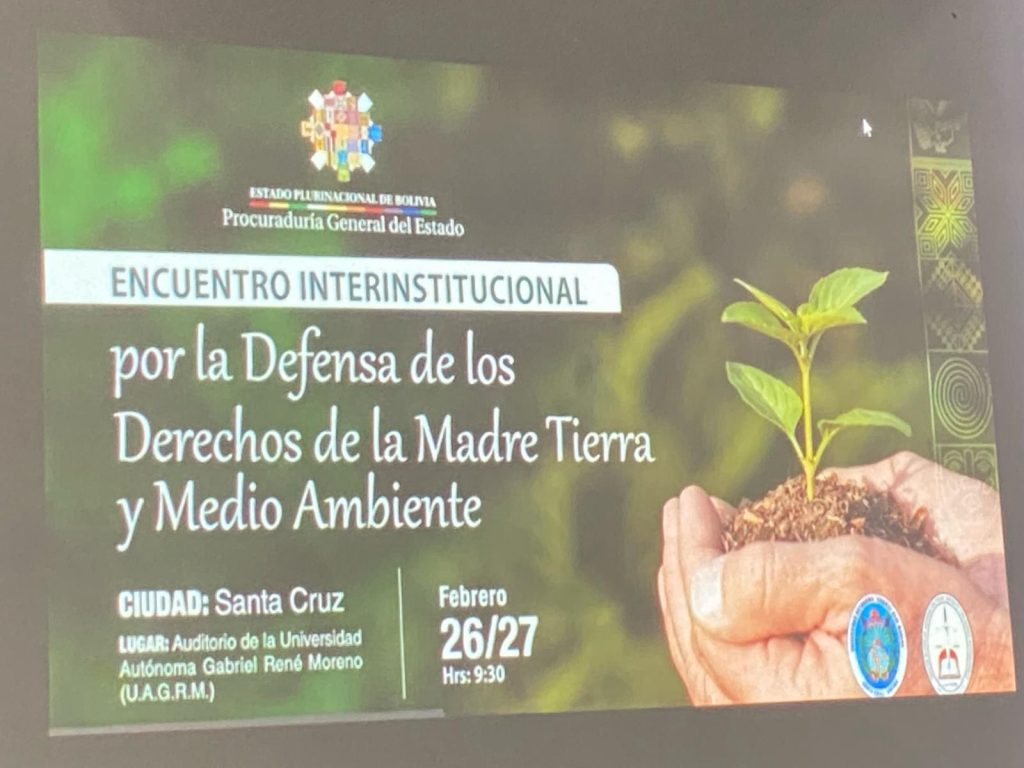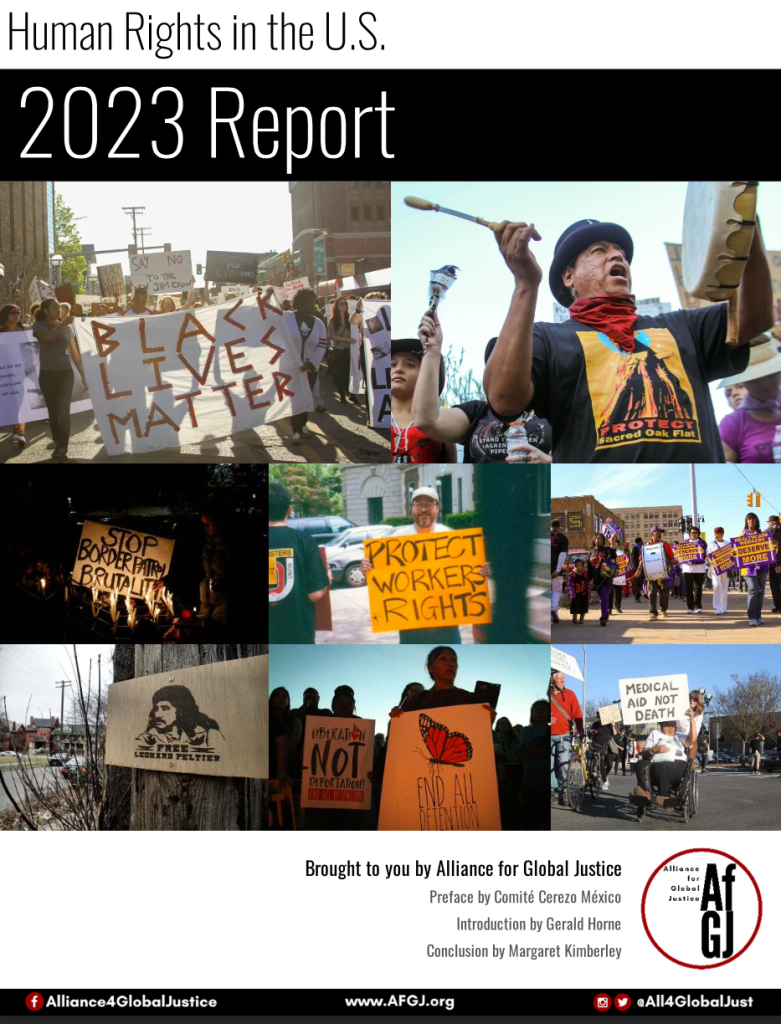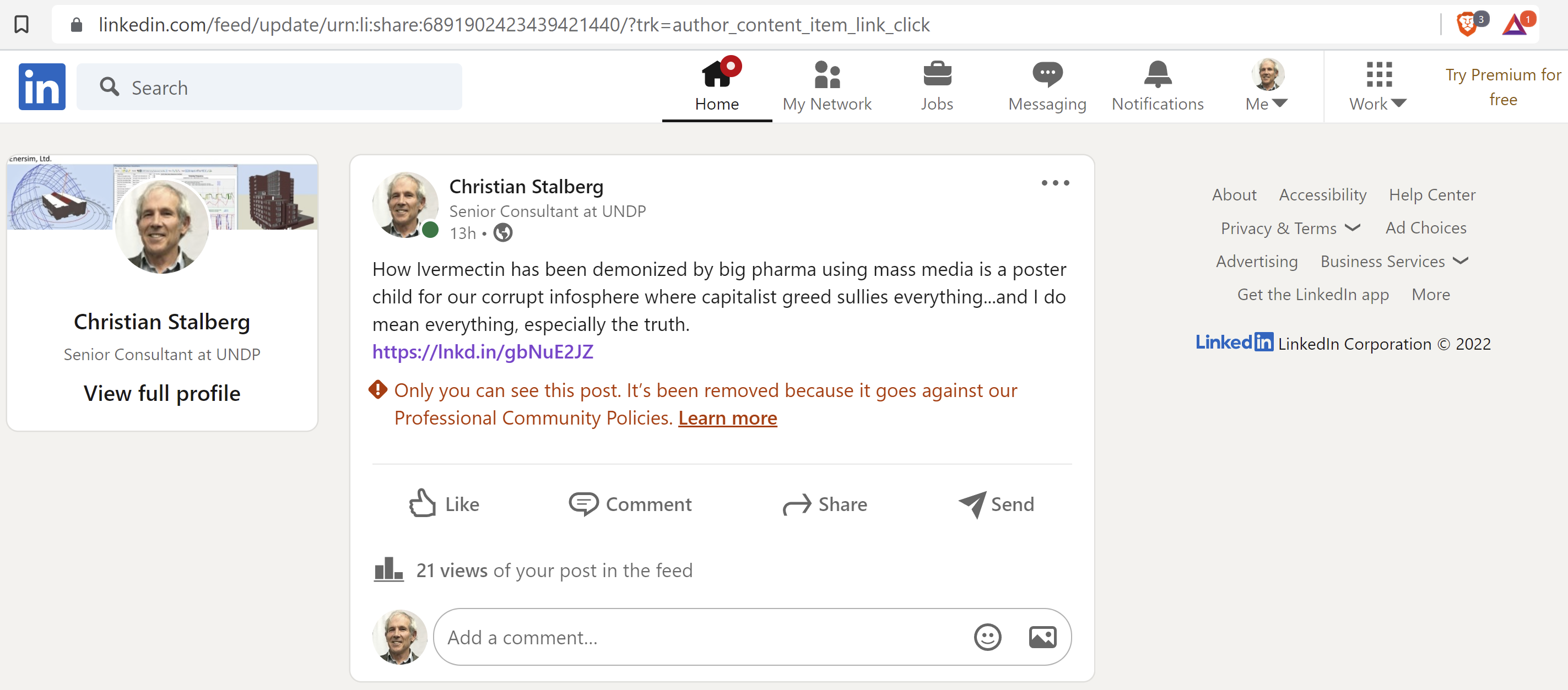
No one estranges from people who make them feel safe.
by Amanda Ann Gregory, LCPC
KEY POINTS
-
- Despite its potential benefits, family estrangement continues to be stigmatized.
- Survivors require safe and valuable relationships and group dynamics.
- Survivors need to exert their agency.
It’s been years since I’ve seen or spoken to my mother, and it was one of the best decisions of my life.
I was the perfect daughter who earned straight As, behaved well, and acted as a caretaker for my mother and younger brother. Then, I realized I had survived childhood emotional and physical neglect perpetrated by my parents, which negatively impacted my ability to thrive as an adult. When I decided to become estranged from my mother (my father had died years earlier), I made substantial progress in trauma recovery. My decision was not popular within my family, community, or society, yet it was necessary.
Family estrangement is a misunderstood and stigmatized experience. When trauma survivors discuss their estrangements with others, they are often met with judgment, gaslighting, and sometimes even victim blaming. Family estrangements can be short-term, long-term, or permanent, and there are many reasons why survivors may need to initiate and maintain estrangements. Understanding these needs might help decrease the stigma surrounding estrangement, allowing survivors to feel understood and supported.
Read full article at Psychology Today









